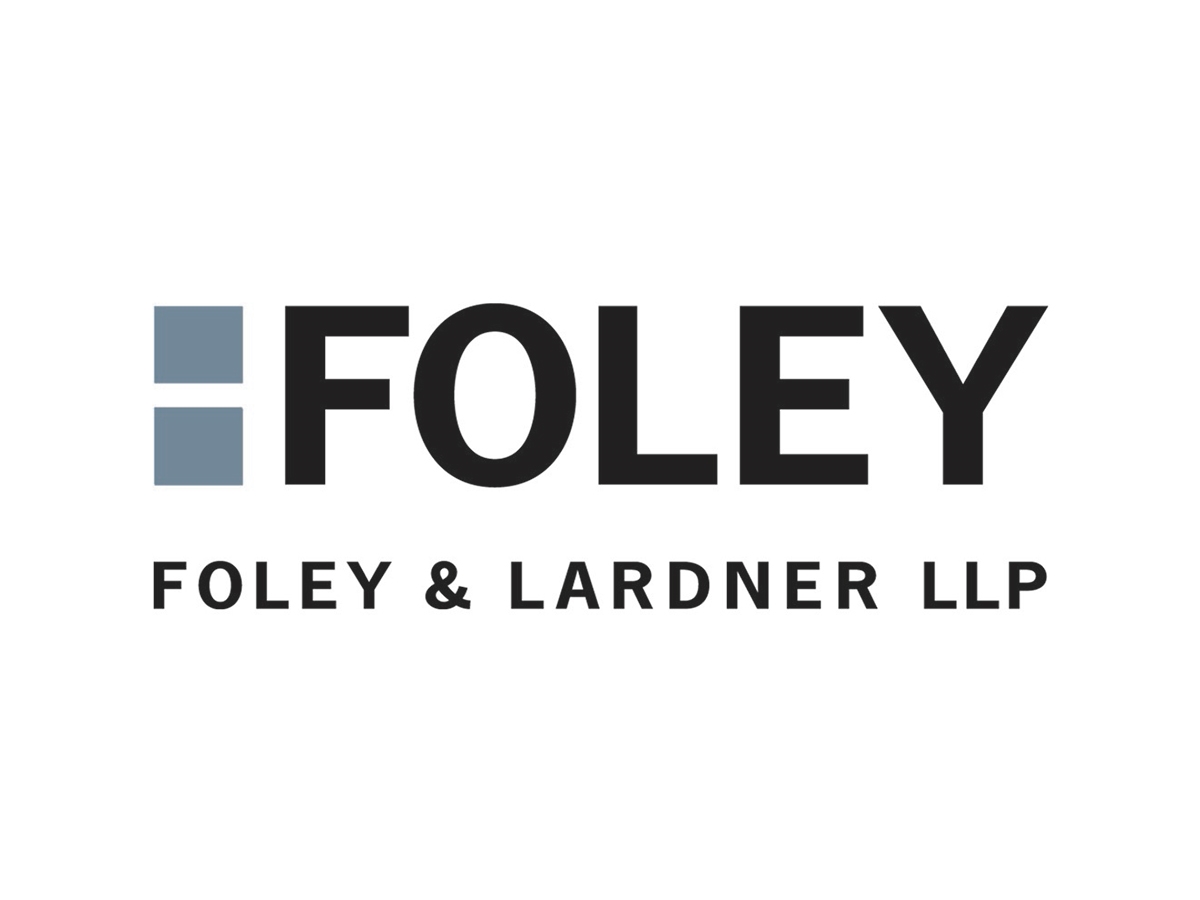Defending Businesses in the Political Economy – Tools to Push Back Against Industrial Policy Overreach
Is competition law fit for purpose? Do we need better tools to make markets fair? How far should government go to ‘fix’ market structures?
It’s impossible to attend an antitrust conference these days without discussing these questions under the umbrella of competition & industrial policy. From decades of broad consensus championing competitive neutrality and ‘letting the market work’, the pendulum – like it or not – has forcefully swung back towards more interventionism and market making & shaping.
While not taking a position on whether more market engineering is right or wrong, the clear trend of more government intervention means that we, as competition lawyers, must be prepared to defend our clients against the adverse effects of regulatory disruption. In short, we must be ready to advise and act if government intrusions violate our clients’ rights & interests.
But how do we do that? How do we defend our clients’ interests against industrial policy overreach in the political economy? Which legal tools are available to us and which are not?
New powers for antitrust enforcers
Competition authorities’ tool boxes are expanding. Quickly & vastly. A well-known recent example is Germany’s new competition tool adopted in 2023 under which the Bundeskartellamt can order companies to divest parts of their business if the BKA identifies chronic competition problems – even in absence of any wrong-doing by the company in question. Other Member States are following suit. Among others, the Danish government has tabled a similar proposal giving the Danish NCA the legal basis to order market correction measures and, most recently, Hungary is set to give its NCA unprecedented powers which include the authority to:
- order the owner of a company to divest the entire business;
- order the owner to hand over to a ‘designated operator’ all assets & means necessary to operate a business activity in return for a price not exceeding the cost of operations;
- remove and appoint members of the company’s management & board;
- suspend shareholders’ voting rights;
- order transfer of shares;
- order the convening of a general meeting and for specific decisions to be put on the agenda and then adopted.
The suddenly expanding tool box for competition enforcers is, however, only a small corner of the broader trend in favour of interventionist economic policies. As another example, just think of FDI. That was barely a thing five years ago; whereas now, a risk of FDI veto can significantly compromise deal certainty in M&A on par with merger control risk.
Broader market making & shaping
Other modes of intensified industrial policy include Member States injecting more public policy into large public concessions – take, for example, the complete exclusion of Huawei and other Chinese companies in 5G spectrum auctions on national security grounds. Moreover, some Member States are increasingly using ‘national economic sovereignty’ as grounds for handing over major commercial infrastructure concessions to domestic companies without open auction proceedings.
Also on the rise – particularly in response to inflationary trends – are import & export controls, price caps, special purpose levies, windfall taxes, and other fiscal measures. The list goes on, and the trend shows no signs of slowing down.
While some industrial policy measures do pursue pan-national objectives such as green & digital transition, many seek to promote the creation of so-called ‘national champions’ – in other words, economic protectionism at the expense of foreign-owned businesses.
Life after Achmea – investment proception without BIT’s
Until just a few years ago, businesses operating in another EU country could rely on bilateral investment treaties as a weapon against national protectionism. The CJEU took that weapon away in its Achmea judgment
Part of the CJEU’s reasoning in Achmea is that intra-EU investment protection is the exclusive competence of the EU and protected by the TFEU’s fundamental freedoms, particularly the freedom of establishment under Article 49 TFEU. The Achmea judgment means that business must now rely exclusively on the enforcement of Internal Market freedoms for protection against government intervention in host Member States.
In the aftermath of Achmea, the European Commission issued a Communication on intra-EU investment
“[T]he EU legal system protects cross-border investors in the single market[.] When investors exercise one of the fundamental freedoms, they benefit from the protection granted by: i) the Treaty rules establishing those freedoms; ii) the Charter of Fundamental Rights of the European Union (“Charter”); [and] iii) the general principles of Union law[.]”
Accordingly, as the CJEU decided to kill off intra-EU BIT’s, it is entirely appropriate – particularly in the current climate of industrial policy activism – to push both the European Commission and the CJEU to interpret and apply Internal Market freedoms expansively to ensure sufficient investment protection.
Internal Market freedoms – the investor’s bulwark against adverse effects of industrial policy
The Internal Market’s freedom of establishment guarantees not only the right to enter a market but also the right to operate in it – and, importantly, to operate in peace without undue government intrusion. The CJEU recognised this 30 years ago in its seminal judgment in Gebhard
“The concept of establishment within the meaning of the Treaty is therefore a very broad one, allowing a Community national to participate, on a stable and continuous basis, in the economic life of a Member State other than his State of origin and to profit therefrom [.].” (underlining added)
This, obviously, does not mean a right to operate in a market free of any onerous regulation, nor that all government intervention that reduces the profitability of doing business is against EU law. What it does mean, however, is that a government’s (industrial) policy can be so intrusive to a business or sector’s continued operations that it qualifies as a restriction against their freedom of establishment, thus triggering ‘rule of reason’ review and strict proportionality scrutiny.
Internal Market Plus – engaging the Charter of Fundamental Rights
Unlike the ECHR, the EU Charter of Fundamental Rights does not apply to all Member State intervention. Only when a Member State is ‘implementing Union law’ can businesses successfully invoke the Charter. That bar is met, however, as soon we can establish a restriction against an Internal Market freedom, cf. the authorisation doctrine.[1] Particularly relevant provisions in the Charter when defending against industrial policy overreach are Articles 16 & 17 guaranteeing, respectively, the freedom to conduct a business and the right to property.
One would be forgiven for questioning what difference the Charter makes when doing ‘rule of reason’ review of an Internal Market restriction. After all, a strict proportionality review is required anyway; either the restriction is necessary to achieve the overriding public policy interest, or it is not. What difference does the Charter make? The answer is that the CJEU is increasingly demonstrating an appetite for using the Right to Conduct a business under the Charter as a ‘thumb on the scale’ in determining whether a restriction is reasonable and justified, and thus permissible under EU law.
In its post-Achmea Communication on intra-EU investment, the European Commission also acknowledges the significance of these Charter provisions when it comes to investment protection:
“All national restrictions have to comply with fundamental rights[.] The freedom to conduct a business can be successfully invoked against serious restrictions of the investor’s contractual freedom. The right to property (i.e. to own, use and dispose of one’s lawfully acquired possessions) is of essential importance to every investment protection regime. Under European law, the fundamental right to property extends to “property” in the broadest sense of the word and equally covers the peaceful enjoyment of the right.”
Articles 16 & 17 of the Charter can therefore be said to have a ‘galvanizing effect’ on freedom of establishment and other Internal Market freedoms – making them more potent weapons when fighting government industrial policy intervention.
Case-in-point – Hungarian FDI cases set the standard
Two Hungarian FDI cases show that both the CJEU and the European Commission are ready and willing to use Internal Market freedoms to set aside Member State industrial policy decisions.
The CJEU’s already much discussed judgment of July 2023 in Xella
The CJEU rejected Hungary’s arguments entirely. The FDI veto – which the CJEU labelled a ‘particularly serious restriction’– was not justified on the invoked industrial policy grounds. The CJEU re-iterated that ‘purely economic grounds, such as, in particular, promotion of the national economy or its proper functioning’ cannot serve as an overriding public interest to justify a restriction of freedom of establishment. The CJEU, moreover, recalled that derogations from Internal Market freedoms must be ‘interpreted strictly’ and only permitted if the Member State can demonstrate a ‘genuine and sufficiently serious threat to a fundamental interest of society’. Hungary had not done so, said the CJEU, emphasizing also that the narrow window for invoking security of supply in relation to core infrastructure such as telecoms and energy could not be extended to the construction industry.
The Xella judgment followed a very similar case in 2022 in which Hungary blocked Austrian insurance provider VIG from acquiring the Hungarian activities of Aegon Group. The Hungarian government withdrew its veto after DG COMP conveyed to Hungary that the veto was incompatible with freedom of establishment.
The key take-away from two cases is that a Member State’s desire to create ‘national champions’ and to promote ‘domestically controlled supply’ are not recognised public interest objectives that can justify Internal Market restrictions.
Interestingly, and coming back to the ‘new competition tool’, an NCA requiring an owner to divest part of a business is arguably a far more intrusive measure than an FDI authority blocking a sale of the business to one particular buyer. Therefore, with the CJEU calling the latter a ‘particularly serious restriction’ of freedom of establishment, we can expect the CJEU to heavily scrutinize an NCA’s application of the new competition tool under the framework of freedom of establishment. Judicial review challenges against new competition tool decisions should therefore include arguments on freedom of establishment read in conjunction of Articles 16 & 17 of the Charter.
Four predictions for the stand-off between industrial policy and business defence rights
- Businesses will challenge NCAs’ application of their new competition tools based on freedom of establishment (incl. the Xella judgment) relying also on Articles 16 & 17 of the Charter.
- Businesses adversely affected by other industrial policy interventions – be it infrastructure concessions, fiscal measures, M&A intervention, or otherwise – will defend their interests by bringing cases on Internal Market and other EU law grounds. We are therefore likely to see more Internal Market cases at the CJEU both as preliminary references from local courts and as direct infringement action from the European Commission.
- We will see a revival of the rarely applied Art. 106 TFEU (in conjunction with Art. 102 TFEU & other Treaty provisions) in cases where industrial policy measures favour domestic operators with existing market power. In its post-Achmea Communication on intra-EU investment, the European Commission lists Art. 106 TFEU as a tool amongst others to ensure investment protection. The provision is indeed a suitable (an underused) enforcement tool for market distortions in the intersection of Internal Market and antitrust law.
- The debate on competition policy vs. industrial policy will continue and the pendulum may, perhaps in years to come, swing back towards ensuring a level playing field in the market and emphasizing competitive neutrality. In 2021, the OECD’s Council on Competitive Neutrality adopted its recommendations on how to do so. The document is accessible here
[1] See FRA Guidance





